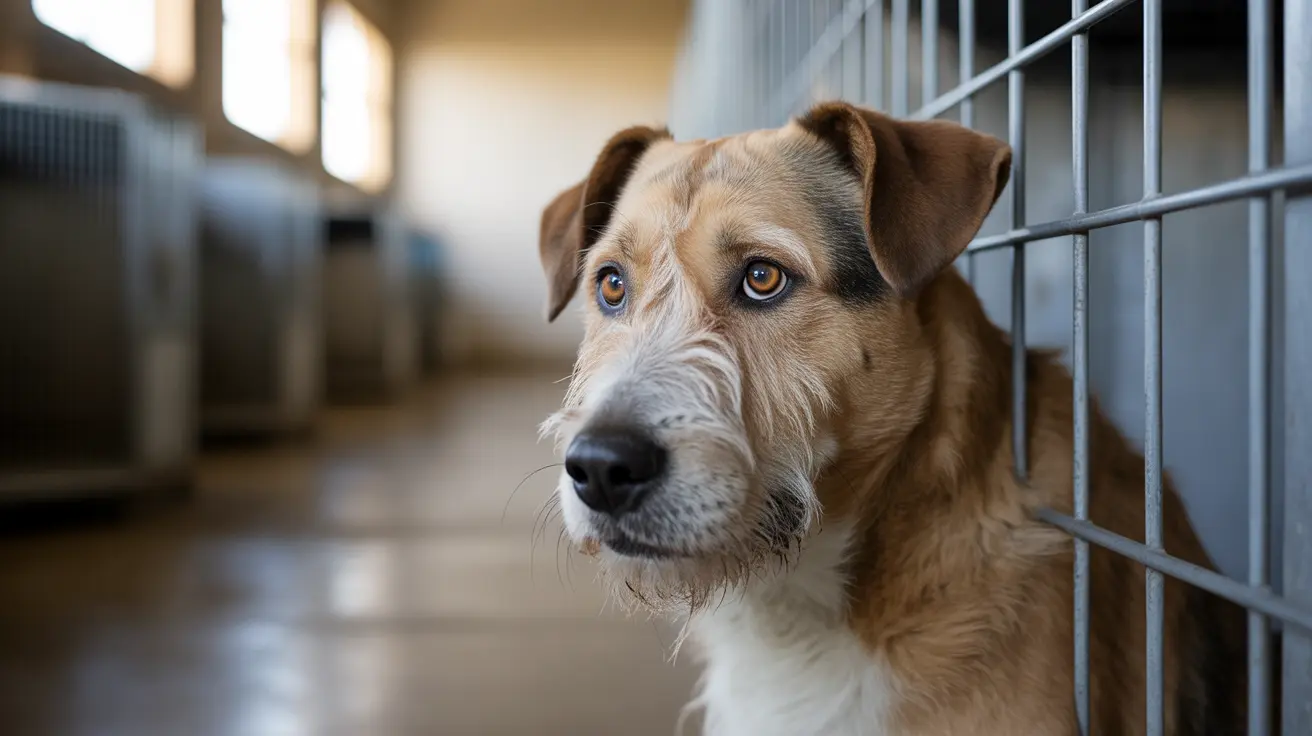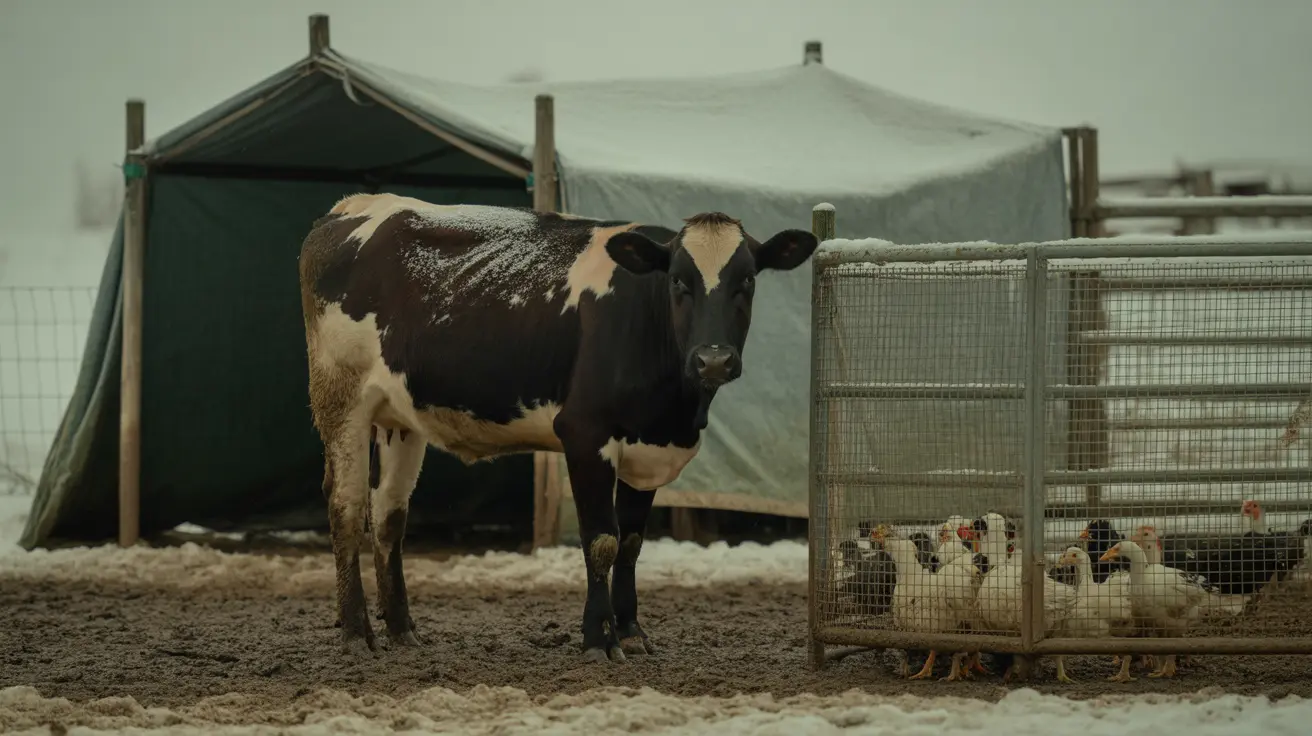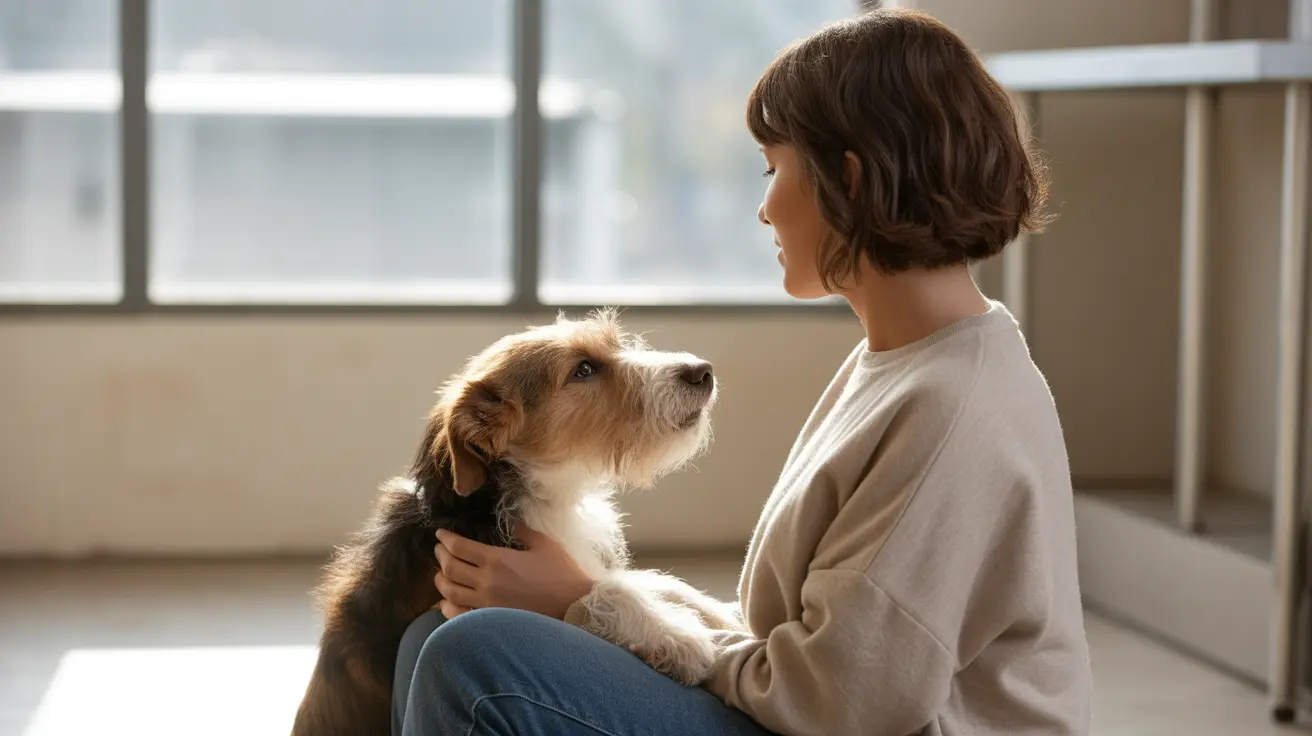For cat lovers fascinated by larger felines, big domestic cats offer the perfect blend of impressive size and loving companionship. These magnificent creatures combine the familiar charm of household cats with dimensions that rival small dogs, making them particularly striking pets. From the gentle giant Maine Coon to the exotic Savannah, these breeds showcase the diversity and grandeur of domestic cat breeds.
In this comprehensive guide, we'll explore the world of large cat breeds, their unique characteristics, care requirements, and what makes them such special companions. Whether you're considering adding one of these impressive felines to your family or simply curious about their distinctive traits, we'll cover everything you need to know about these remarkable animals.
Notable Big Domestic Cat Breeds
Maine Coon: The Gentle Giant
Maine Coons stand as one of the most impressive domestic cat breeds, with males typically weighing between 18-22 pounds and females 12-15 pounds. Their most striking feature isn't just their size – these cats can reach lengths of up to 38 inches, including their distinctive raccoon-like tail.
What makes Maine Coons particularly interesting is their slow maturation process, taking three to five years to reach full size, unlike most cats who mature within their first year. The breed's friendly disposition and adaptable nature make them excellent family companions despite their imposing size.
Savannah: The Exotic Champion
Since their introduction in the mid-1980s, Savannah cats have claimed the title of largest domestic cat breed from the Maine Coon. These striking felines can weigh up to 25 pounds and feature distinctively long legs and athletic bodies. Their exotic appearance combines with an active personality to create a truly unique pet experience.
Norwegian Forest Cat and Siberian: The Nordic Giants
These robust breeds showcase nature's adaptation to harsh climates. Norwegian Forest Cats, weighing 12-16 pounds, feature thick, water-resistant coats perfect for cold weather. Similarly, Siberian cats possess a triple coat that protected their ancestors in the harsh Russian winter, while maintaining surprising agility despite their substantial size.
Caring for Large Cat Breeds
Big domestic cats require special consideration in terms of care and accommodation. Their size necessitates larger litter boxes, sturdier scratching posts, and more robust toys that can withstand their strength. Additionally, these breeds often need more space to exercise and express their natural behaviors.
Diet and weight management play crucial roles in maintaining their health, as excess weight can exacerbate common issues like hip dysplasia and arthritis. Regular veterinary check-ups become especially important for monitoring joint health and overall condition.
Living with Large Breed Cats
Despite their size, many large cat breeds are known for their gentle temperaments and strong bonds with human family members. They often develop unique personalities and ways of communicating, from distinctive vocalizations to endearing behavioral traits.
Their intelligence and activity levels mean they require regular mental stimulation and exercise. Providing climbing opportunities, interactive toys, and dedicated play sessions helps ensure these magnificent cats remain healthy and happy.
Frequently Asked Questions
What are the largest domestic cat breeds, and what are their typical weights and sizes?
The largest domestic cat breeds include Savannah cats (up to 25 pounds), Maine Coons (18-22 pounds for males), and Norwegian Forest Cats (12-16 pounds). These cats can reach lengths of up to 38 inches, including their tails.
How do I care for a large domestic cat breed to prevent health issues?
Regular veterinary check-ups, appropriate diet management, and providing plenty of exercise opportunities are essential. Use joint supplements when recommended, maintain a healthy weight, and ensure proper nutrition to support their larger frames.
Which big cat breeds are best suited for families with children?
Maine Coons, Ragdolls, and Norwegian Forest Cats are typically excellent with families, known for their patient and gentle nature despite their size. These breeds tend to be more tolerant and adaptable to family life.
What are the key differences between hybrid breeds and non-hybrid breeds?
Hybrid breeds like Savannahs tend to be more active and require more engagement, while non-hybrid breeds like Maine Coons are generally more laid-back. Hybrid breeds often display more wild-like characteristics in appearance and behavior.
How can I ensure my large domestic cat gets enough exercise and mental stimulation?
Provide tall cat trees, interactive toys, and dedicated play sessions. Create vertical spaces for climbing, use puzzle feeders for mental stimulation, and establish regular play routines to keep them physically and mentally active.






